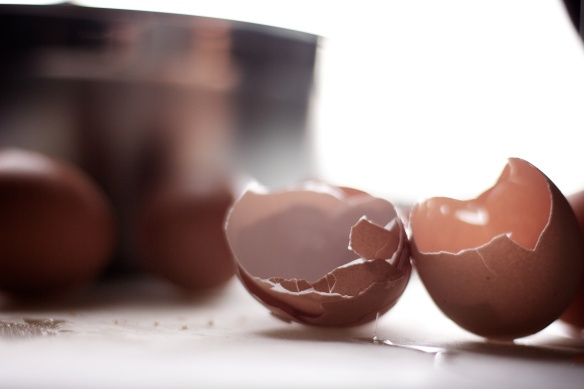
© 2012 Whitney Reed
Saturday morning, I made a quiet breakfast of scrambled eggs and grits with my own six-year-old. Just the two of us. She sang in her room just beyond the kitchen as I cried into the bowl of broken egg guts and cursed the bits of shell that fell in. I believe everybody was hit more than once, the words of the Chief Medical Examiner have been ringing in my ears. And because I can’t encounter any piece of news without taking it on myself, injecting it into my own heart, I could only imagine her little overalls, her hands, her sweet brave forehead, her perched on a bathroom sink by a teacher who barricaded her class into the bathroom while gunshots fired in the next room, across the hall, who knows where.
I’ve been so overcome, I took her to the aquarium today. Because, really, there’s nothing more peaceful than an aquarium. It’s otherworldly. Creatures floating in water all around, and people, swarms of people, sharing moments of laughter and wonder behind a sheet of glass. It was raining when we left. Who would know? On the way home, Ruthie asked me, “What’s it like to be a grown-up?” And I thought, THIS. This is what it’s like to be a grown up. It has something to do with knowledge, and loss, and love, and what to do with all of that, but I didn’t tell her this of course. I told her it meant you could eat ice cream for breakfast if you wanted to.
I remember when Ruthie was first born, our first outing. She was maybe 3 weeks old. I don’t know, maybe a month. I can’t even remember where we went, but there were other babies there with their own mothers, some of them crying. And I remember I could feel their cries in my gut. I physically reacted to them–looking to my own Ruthie’s peaceful face with panicked confusion. But you don’t LOOK like you’re crying. And this is what I feel like we are all doing about Newtown–we are owning their pain, their loss, because it feels like it is OUR loss. And it is unimaginable. That is one of the most painful, most beautiful things about us humans: It’s primal, our connection to one another.
We can talk about gun control, we can talk about how we should provide more resources to the mentally ill, how we should call our representatives, and how we should pray more. And, you know, I’m not saying those things aren’t important. But the truth is that bad things happen for no good reason. All of these articles about the shooter and his mother… and WHY. We’re all asking why. Why are we asking why? Because if we can understand it, then maybe we can control it. And, sure, there are things we could do, measures we could take, but the truth is that bad things do happen for no good reason. And this is what makes us hug our babies tighter and kiss their hairlines, breathing deep, thankful and sad at the same time.
I was a teacher for seven years and I can’t imagine what I would say to my students tomorrow morning if I had to face them. I’ve been a mother for just as long and, thankfully, I haven’t had to talk about it to my own little girl. It’s been a silent, very grown up kind of suffering these past few days. But if I had to explain it to anyone, I’d fall back on the wisdom of Mr. Rogers, which is really a good policy in any given situation, because I like his focus. He says:
“When I was a boy and I would see scary things in the news, my mother would say to me, ‘Look for the helpers. You will always find people who are helping.’ To this day, especially in times of ‘disaster,’ I remember my mother’s words and I am always comforted by realizing that there are still so many helpers – so many caring people in this world.”
So what are we supposed to do with all of this? Holding someone’s hand is always a great place to start. Or tell the people you love that you love them. Sing the hero’s song. Cry a little. Send love. Good, human, hearty love. Pay attention to all the awesome shit that’s happening right in front of you. Maybe turn your phone off and admire the tower your six-year-old made out of 52 Jenga blocks straight up. Shore those fragments against the ruin, T.S. Eliot style. Or maybe just wash her favorite pair of overalls every night this week so she can wear them every day. I know in this house, we’ll be eating ice cream for breakfast tomorrow morning. With fruit, of course. It’ll be a few more days before I can bear another broken egg.






